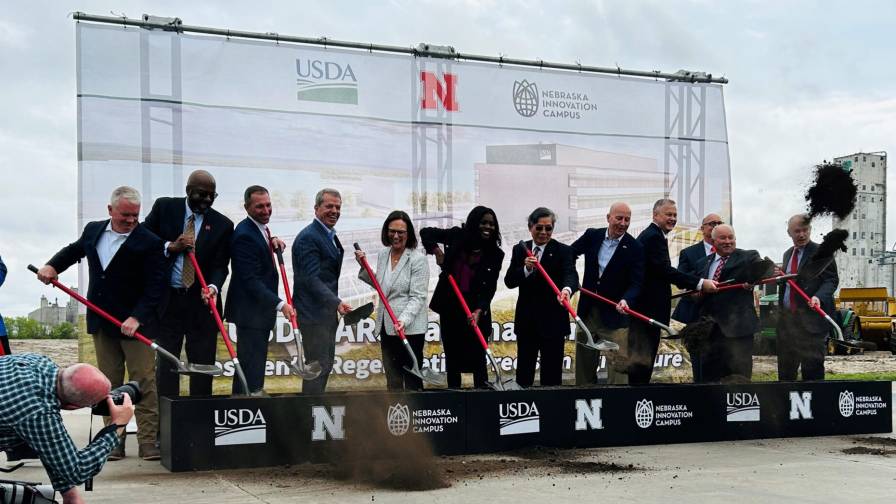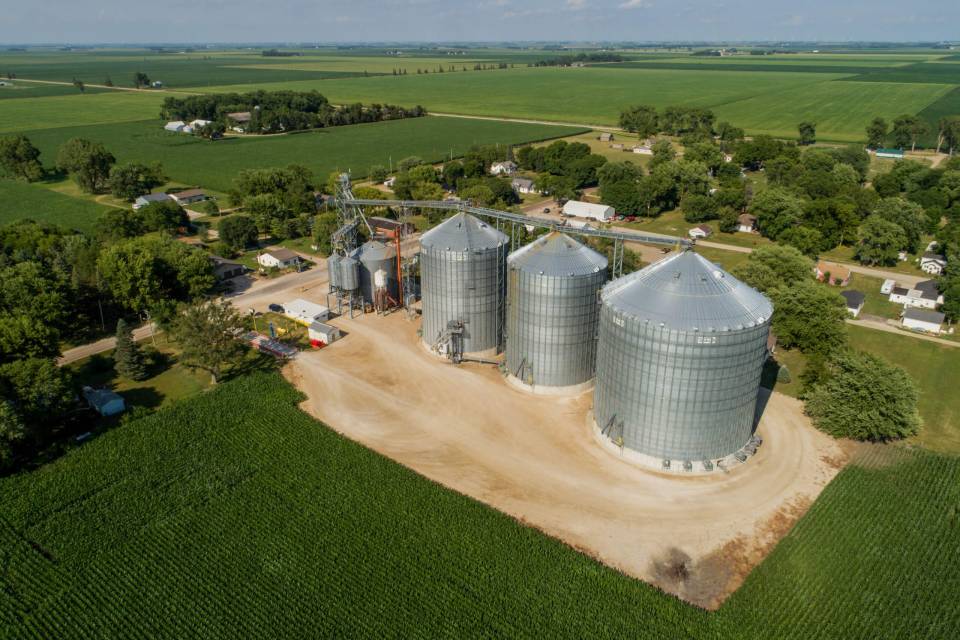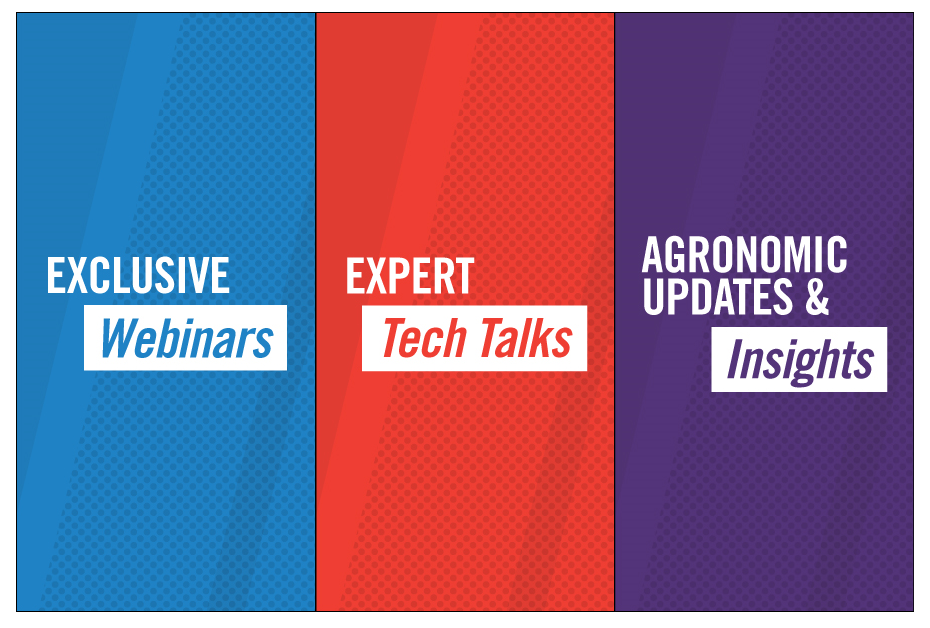What Does FBN’s Latest Attempt At Disintermediation Really Mean For Ag Retailers?
When Farmer’s Business Network (FBN), the Silicon Valley-based ag data startup that promises to leverage all kinds of on-farm data to empower farmers, first announced its FBN Procurement crop inputs business arm, it was met with quite the mixed reaction around the industry.
There were those that were extremely alarmed that a company from outside the traditional ag community would come in and attempt to disrupt a couple hundred years old business model, all for the low membership price of $500 a year. Then there were those that said “We’ve seen this before with Rooster.com or XS Ag,” and advised their fellow retailers not to be worried, that this too would be a passing fad and eventually fall by the wayside. And of course there were those that fell into the middle, not considerably worried about FBN encroaching on their territory, yet still keeping a keen eye on the company’s movements like the overly-caffeinated study hall monitor keeps an eye on that one kid that always seems to be pushing the envelope between good-natured humor and downright idiocy.
Well, recent news out of FBN seems to indicate they are perhaps gaining some traction in the marketplace, with December’s announcement that the company is rebranding Procurement as FBN Direct while also expanding product offerings beyond the traditional bread-and-butter crop inputs to include things like adjuvants, biologicals, and, perhaps most alarmingly for our CropLife® audience, “farm services,” or, you know, those things that ag retailers offer to customers to generate revenue.
In response of this development I reached out to a good friend of CropLife and longtime ag retailing strategist Ron Farrell, who declined to talk with me at the time about FBN due to being busy with other work, but he did pass me along to his colleague Steve Watts, who currently consults for Farrell Growth Group in Kansas City, MO, after a nearly 40-year career with The McGregor Co. in the Pacific Northwest.
“To begin with, I’d say that with most new things there is an overreaction at the beginning and an under reaction over time,” Watts shared. “I don’t think the primary goal of these new business models is necessarily to disintermediate anyone. The goal for these guys is to get their hands on a marketplace that hasn’t been exploited by Amazon and the other tech giants yet. Now, will FBN or others like them be successful in utilizing the Amazon business model in agriculture? I think the jury is still out on that.”
Where Watts potentially sees FBN finding success is in competing with retail businesses that haven’t innovated their product or service offerings in some time. If, as he says, “you’re still running a 1980s-style business model in the 21st Century,” then you’re the guy that should be fearful of what FBN is attempting.
“A pretty careful inward analysis of your business model and its relevancy in the current marketplace is important,” he advised. “That’s what these kinds of disruptive initiatives should do; make leaders sit back and think about the future, and how they are going to address specific threats to their ability to operate.”
One way NOT to respond to FBN is to just start blanket price cutting across the board to directly compete with their price sheets. That’s never a good business model, according to Watts.
“The great irony in ag retail is that, in the farmer’s mind price is associated with the product, but the value (of the product and associated services) goes well beyond the price of the product itself,” Watts says. “As retailers we either have to figure out how to address added-value separately (from product price), or we must defend the reasons our pricing structure is different, and why our prices are justified. And if that retailer has little more than a transactional relationship with that grower, then he is vulnerable (to being disintermediated).”
So, if you’re reading this and an ominous feeling of ‘maybe I’m one of the guys these FBN guys could disintermediate’ is beginning to wash over you, Watts offers this advice:
“My first question for someone in that position would be: tell me what their value proposition (as an organization) is? Is it a defendable value proposition in the marketplace? If they’re in a defendable position, then they stay aware (of FBN) but they should not knuckle under to these threats.
“There’s always going to be competition, and at some point in the future with some growers you may have to break your pricing apart and charge more for added value and less for pure product. But you should not capitulate when you are providing something of value that matters to most of your customers. If a customer or two is going to walk away from what you provide then maybe they’re not the right customer for your business model anyway.”






